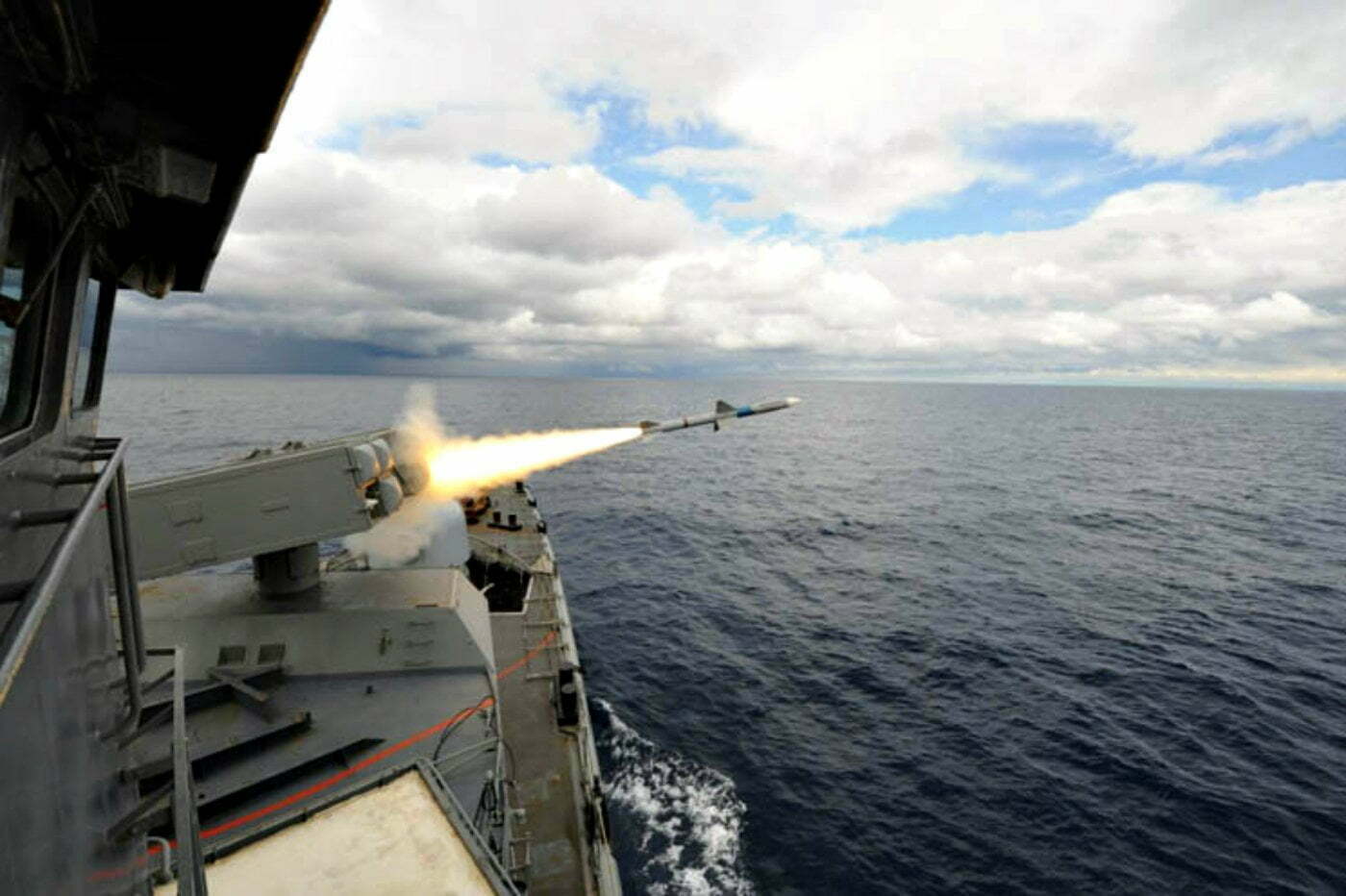OPINIONS
OPINIONS
Andys Loizou*

The Turkish provocations of the past July are a continuation of the Turkish provocations against Greece and Cyprus. With regret, I saw some analysts and “strategists” expressing adamant views on who would be the winner in a possible Greek-Turkish (Greece and Cyprus against Turkey) or Greek-Turkish (Greece against Turkey) war.
As I have stated many times, International Relations and especially war do not fall into the realm of divination, but they are products of evaluation and consideration of one or more situations and factors of power, without excluding external interventions and upheavals.
In a possible Greek-Turkish war, neither of the two countries wants to strike first so as not to be blamed for starting the war. It is no coincidence that Turkey pushes the situation to the limit and in the end, when it is squeezed by the Greek side or foreign intervention, it retreats, but in a way that internal reactions won’t come at a political cost to the respective government. Immediately after its retreat it turns to another provocation and violation, which is allowed by its strength and the weakness of its enemy.
Also read: The Cypriot Government policy on military equipment | Infographics
A good example is the fact that after the crisis that peaked in the last ten days of July 2020, Turkey immediately turned to research in the east of Famagusta. One must not forget that the most difficult part of a crisis is its de-escalation.
After the de-escalation of each crisis, the country that was “squeezed” and lost or even is in a bad position must be careful not to be dragged into talks on the terms of the opponent. It is not a few times that the weak island of Cyprus (in terms of force and alliances) was dragged into talks and made painful concessions without even requiring Turkey to implement EU and UN agreements and decisions (Third Vienna Treaty, UN resolutions, Ankara Protocol, Helsinki etc).
No Greek should forget the fact that Turkey, after every crisis with Greece, questions treaties, maritime areas, airspace and territories with everything such an action entails. Turkey has been following this tactic continuously since the 1950s.
After each crisis there are the self-appointed mediators who, in the effort of self-promotion and self-benefit, intervene as mediators to alleviate the crisis by splitting the difference between Greece and Turkey.
This mediation always finds Turkey as the winner (Imia, hydrocarbons, territorial waters, EEZ, etc.) because it claims Greek interests which are guaranteed by international law. This tactic was repeatedly applied in Cyprus after pressure and consultation from Britain, the UN through UNFICYP, the USA and EU countries, and the Cyprus Republic always lost, thus proving the incompetence of the political leaderships and the governments.
Finally, it is an act of suicide for Greece to separate its position from the issues of the Cyprus issue, leaving the Cypriot Hellenism hostage to the aggressive occupying Turkey.
Greece must not forget that it is a guarantor country for the security of the Republic of Cyprus and must also press the government to make the necessary military spendings that will deter the Turkish aggression.
If Greece and Cyprus do not have a unified plan against the common enemy, the loss of at least Cyprus in a war should be considered certain, no matter how tragic this looks and sounds.
*Colonel (Ret)
A reluctant alliance? A different approach to French – Serbian defence relations
It has only been a few months since Croatia started receiving the first of the Rafale fighter jets it ordered from France.
The role of SERIOUS GAMES in the development of skills on Defense Standards
In an increasingly complex world, one vital factor for any successful organization is continuous capability building.
Strategy for Building Up Interoperable Defence Capabilities
Based on the current and emerging security threats and challenges in the geostrategic landscape, there is a…
EUROSATORY 2024 | Missile Artillery Solutions from MBDA
With such a large number of interested attendees at MBDA’s pavilion at the Eurosatory 2024 Defence exhibition, the stand reminded of an…
KNDS | Showcases full range of LEOPARD battle tanks at EUROSATORY
KNDS continues to expand its technological advantage in the field of main battle tank development, as we have witnessed at the Defence and…
THEON SENSORS | Distinguishing appearance at EUROSATORY 2024 with new range of products
THEON SENSORS attended the International Defence and Security Exhibition EUROSATORY 2024 as an ambassador of Greek innovation…
Ministry of Defence | Organization of Hellenic EDF Info Day
A Conference entitled “EDF Info Day” is organized in the Amphitheater of the National Gallery on Tuesday, July 9 from 09:00 to 17:00.
ALTUS LSA | Participates in EUROSATORY 2024 with KERVEROS in the foreground
The participation of ALTUS LSA in EUROSATORY 2024 is among the Greek participations of operational significance.
Freddy Beleris | Ιn jail until October
The elected mayor of Heimarra and Member of the European Parliament of New Democracy will remain in prison until October…



















0 Comments